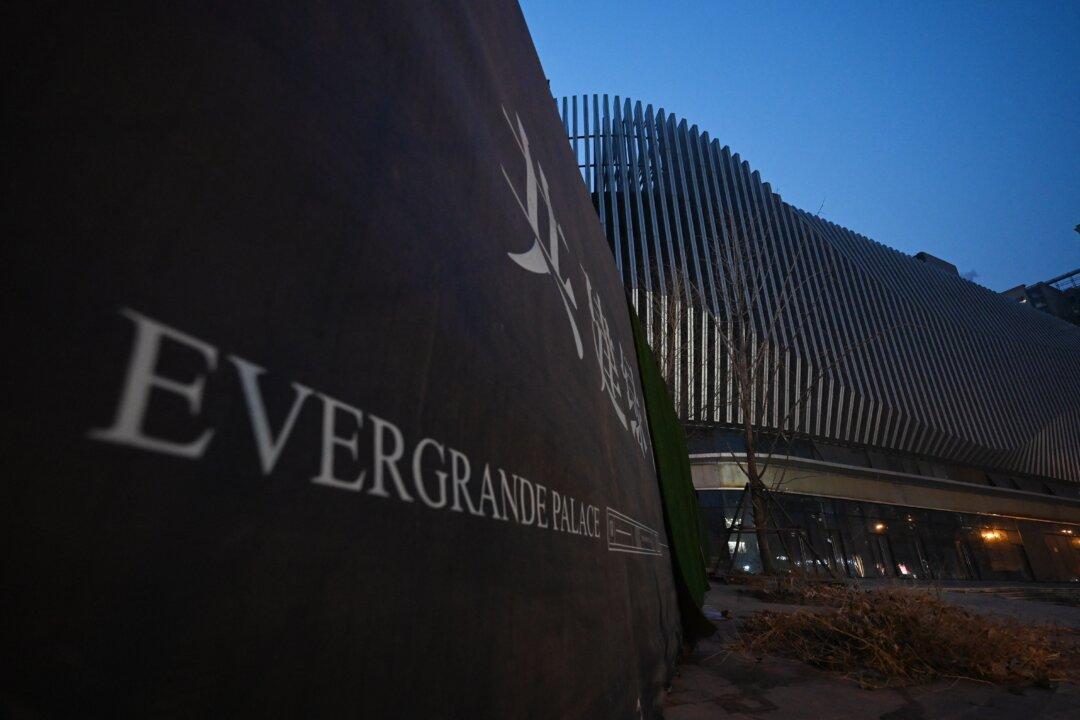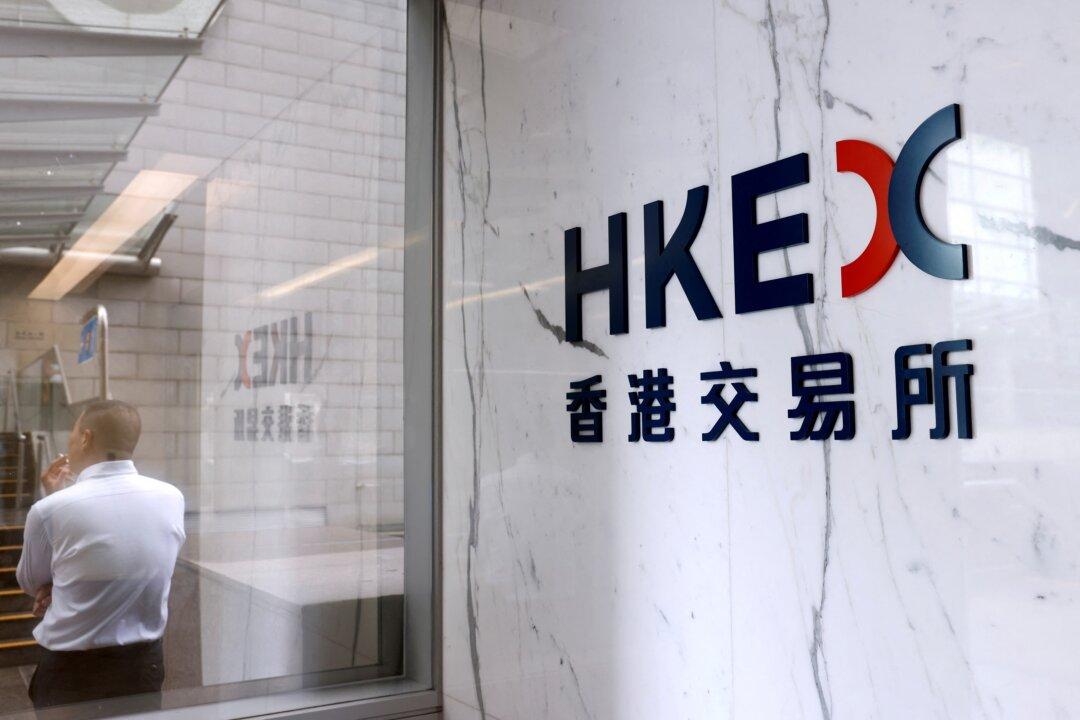Chinese property giant Evergrande was finally ordered to go into liquidation by Hong Kong’s High Court on Jan. 29. The trading of three Evergrande stocks were suspended immediately at the Stock Exchange of Hong Kong. Evergrande’s liquidation is expected to be long and difficult. Some analysts believe that the Chinese communist regime may intervene in Evergrande’s domestic debts.
Evergrande has been in a crisis with its creditors for the past two years and is the world’s most indebted real estate developer. The amount of money that creditors can recover will become an important example for the liquidation or debt restructuring of other defaulting developers in China.




